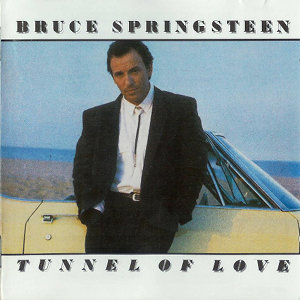
..:: audio-music dot info ::.. |
| A l b u m D e t a i l s |
 |
Label: | Columbia Records |
| Released: | 1987.10.09 | |
| Time: |
46:25 |
|
| Category: | Pop/Rock | |
| Producer(s): | Bruce Springsteen, Jon Landau, Chuck Plotkin | |
| Rating: | ||
| Media type: | CD |
|
| Web address: | www.brucespringsteen.net | |
| Appears with: | ||
| Purchase date: | 2012 | |
| Price in €: | 1,00 | |
| S o n g s , T r a c k s |
| A r t i s t s , P e r s o n n e l |
| C o m m e n t s , N o t e s |
Bobby said he'd pull out Bobby stayed in
Janey had a baby it wasn't any sin
They were set to marry on a summer day
Bobby got scared and he ran away.
I remember ma draggin' me and my sister up the street to the church
Whenever she heard those wedding bells
Well would they ever look so happy again
The handsome groom and his bride
As they stepped into that long black limousine
For their mystery ride?
| L y r i c s |
| M P 3 S a m p l e s |